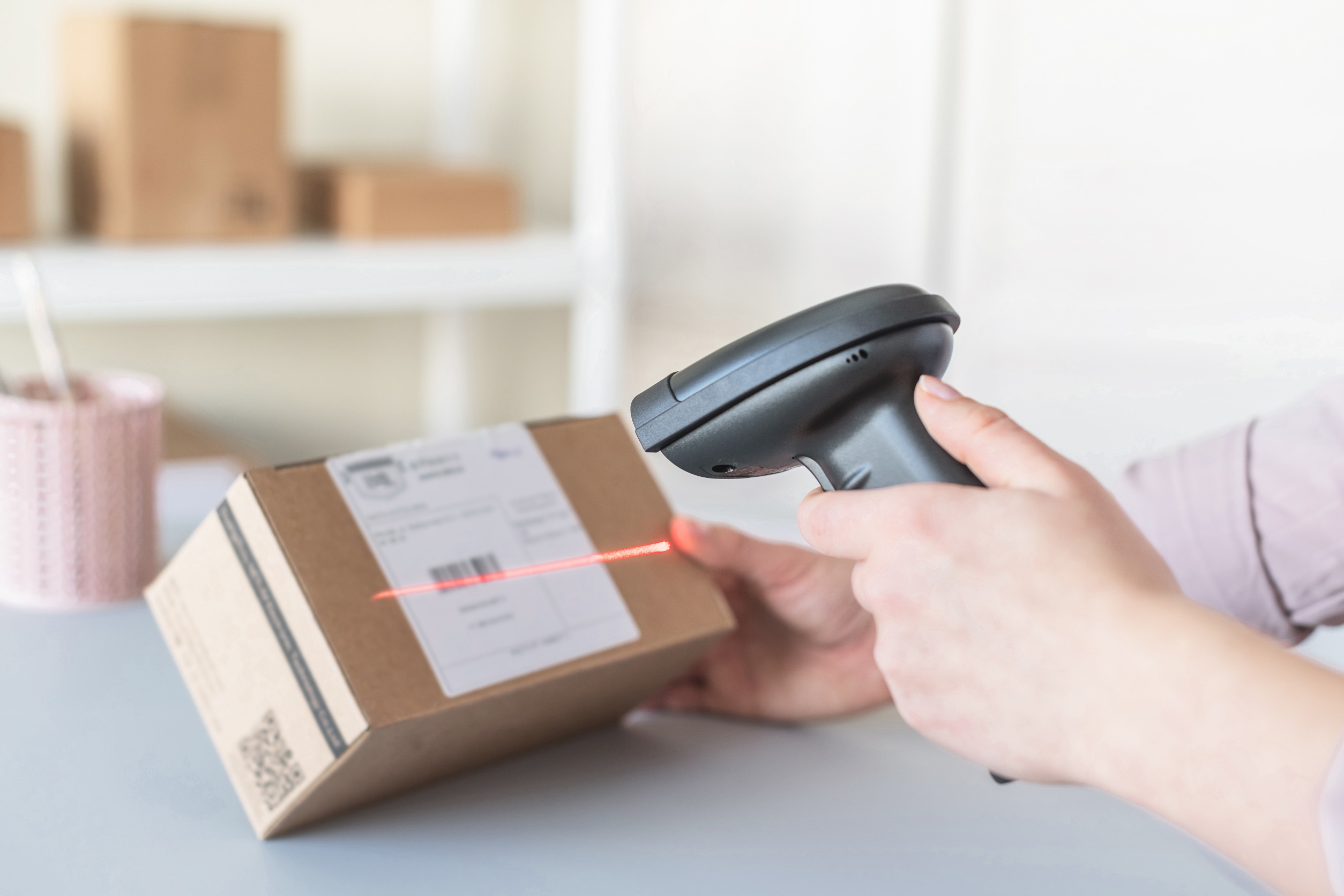A Beginner's Guide to Barcode Scanners

Have you ever wondered how stores effortlessly track products and manage inventory? The secret lies in barcode scanners. These tools speed up operations and reduce human error, making them indispensable in retail, logistics, and beyond.
If you're new to barcode technology, this guide will help you understand barcode scanners.
What Is a Barcode Scanner and How Does It Work?
A barcode scanner is a device designed to read barcodes printed on products or labels and convert them into digital data. It works by emitting a beam of light onto the barcode. The light reflects off the barcode, and a sensor within the scanner captures this reflected pattern.
The scanner converts the pattern into an electrical signal, decodes it into usable data, and sends it to a computer or software system for seamless integration and processing. While the technology is simple, its ability to streamline operations has greatly impacted countless industries.
Types of Barcode Scanners
Barcode scanners come in various forms, each suited for specific tasks:
● Handheld Scanners: These are portable and user-friendly, making them ideal for retail and small warehouses.
● Fixed-Mount Scanners: Commonly used on conveyor belts, these automate scanning in large-scale operations.
● Mobile Computer Scanners: These combine scanning with computing, often used in logistics for real-time inventory updates.
● Presentation Scanners: Perfect for high-volume retail, these remain stationary while you swipe items past them.
Benefits of Barcode Scanners
Barcode scanners significantly improve accuracy by eliminating manual data entry errors and securing precise inventory management and transaction processing. Their speed optimizes efficiency, completing tasks such as stocktaking and checkout in a fraction of the time.
By reducing errors and streamlining workflows, barcode scanners also help businesses cut costs and improve overall productivity. Their versatility makes them suitable for diverse applications, from retail and healthcare to logistics and manufacturing.
Barcode Scanners in Action
In retail, barcode scanners simplify the checkout process and improve inventory tracking, providing customers with efficient service. Warehouses use them to manage stock levels, improve order accuracy, and minimize shipping errors. In the healthcare sector, barcode scanners play an important role in maintaining patient safety by accurately tracking medical records and medication.
Choosing the Right Barcode Scanner
Selecting the right scanner depends on your needs. Consider these factors:
● Type of Barcode: Linear (1D) barcodes require basic scanners, while QR codes and Data Matrix codes need 2D scanners.
● Environment: Rugged scanners are necessary for harsh conditions, while lightweight models suffice for retail.
● Connectivity: Decide between wired and wireless scanners based on mobility requirements.
Maintenance Tips for Barcode Scanners
To keep barcode scanners functioning optimally, regular maintenance is necessary. Cleaning the lens and casing with a soft cloth helps prevent dirt and smudges from interfering with performance. Proper storage in a dry, secure location minimizes the risk of damage. Routinely apply firmware and software updates to maintain compatibility and improve functionality.
At The Barcode Lady, we provide every type of barcode scanner you need, from fixed position and handheld to specialty options like CCD, laser, 2D, and RFID. With over 40 years of experience, we deliver unmatched personalized service to help you find the perfect solution for your business. Contact us to learn more.


Post a Comment